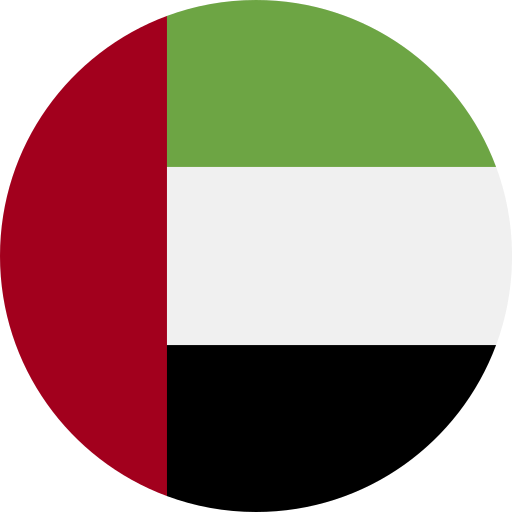Arabic voice over services specialize in delivering professional voice recordings in Arabic for various projects. These services cater to businesses, media productions, and educational platforms looking to communicate with Arabic-speaking audiences. Whether it’s for commercials, e-learning content, video games, or corporate presentations, high-quality Arabic voice over ensures cultural relevance and authenticity.
The Importance of Arabic Voice Over Services
Arabic is one of the most widely spoken languages globally, with over 400 million speakers. It is the official language in 22 countries and holds significant influence in regions such as the Middle East and North Africa (MENA). Accurate Arabic voice overs are essential for:
- Global Market Reach: Engaging Arabic-speaking audiences across diverse industries.
- Cultural Sensitivity: Ensuring the message resonates without misunderstandings.
- Brand Credibility: Delivering professional content in the native tongue to build trust.
Language in Arabic Voice Over Services
Standard Arabic (MSA) vs. Dialects
Modern Standard Arabic (MSA) is commonly used in formal settings such as news broadcasts and official communications. However, local dialects are often more effective for casual or regional content. Understanding the distinction is key:
- MSA: Ideal for universal messages across Arabic-speaking countries.
- Dialects: Useful for targeting specific regions, such as Egyptian Arabic for Egypt or Gulf Arabic for the Arabian Peninsula.
Script Localization and Adaptation
Arabic is written from right to left, and its structure differs significantly from languages like English. Professional voice over services include script localization to ensure:
- Accurate Translation: Capturing the original meaning without losing nuance.
- Cultural Relevance: Adapting idioms and expressions to fit Arabic culture.
Accent and Dialects in Arabic Voice Over Services
Diverse Arabic Accents and Dialects
Arabic voice overs may vary widely depending on the region. Some prominent dialects include:
- Egyptian Arabic: Widely understood in the Arab world, especially in entertainment.
- Levantine Arabic: Spoken in countries like Lebanon, Syria, and Jordan, offering a softer tone.
- Gulf Arabic: Used in Saudi Arabia, UAE, and other Gulf states, reflecting local traditions.
- Maghrebi Arabic: Unique to North African countries such as Morocco and Algeria.
Matching Accents to Projects
- Corporate Content: Often uses MSA for a professional tone.
- Media and Entertainment: Relies on regional dialects for relatability.
- E-learning: Focuses on clear and neutral accents for accessibility.
Features of Professional Arabic Voice Over Services
Diverse Talent Pool
Arabic voice over services offer male and female voice talents across different age groups and tonal qualities. This variety allows businesses to find the perfect match for their project.
Studio-Quality Recordings
Professional services deliver crystal-clear audio with state-of-the-art recording equipment, ensuring a polished end product.
Additional Services
- Dubbing: Syncing voice overs with video content.
- Subtitling: Providing text translations alongside audio.
- Multilingual Projects: Coordinating Arabic voice overs with other languages for international campaigns.
Applications of Arabic Voice Over Services
- Advertising: TV and radio commercials, online campaigns.
- E-learning: Courses, tutorials, and educational materials.
- Corporate Communication: Training videos, presentations, and webinars.
- Entertainment: Dubbing for movies, series, and video games.
- Documentaries: Narration for cultural or historical films.
High-quality Arabic voice over services are crucial for connecting with Arabic-speaking audiences and ensuring your message is delivered with clarity and cultural respect.







